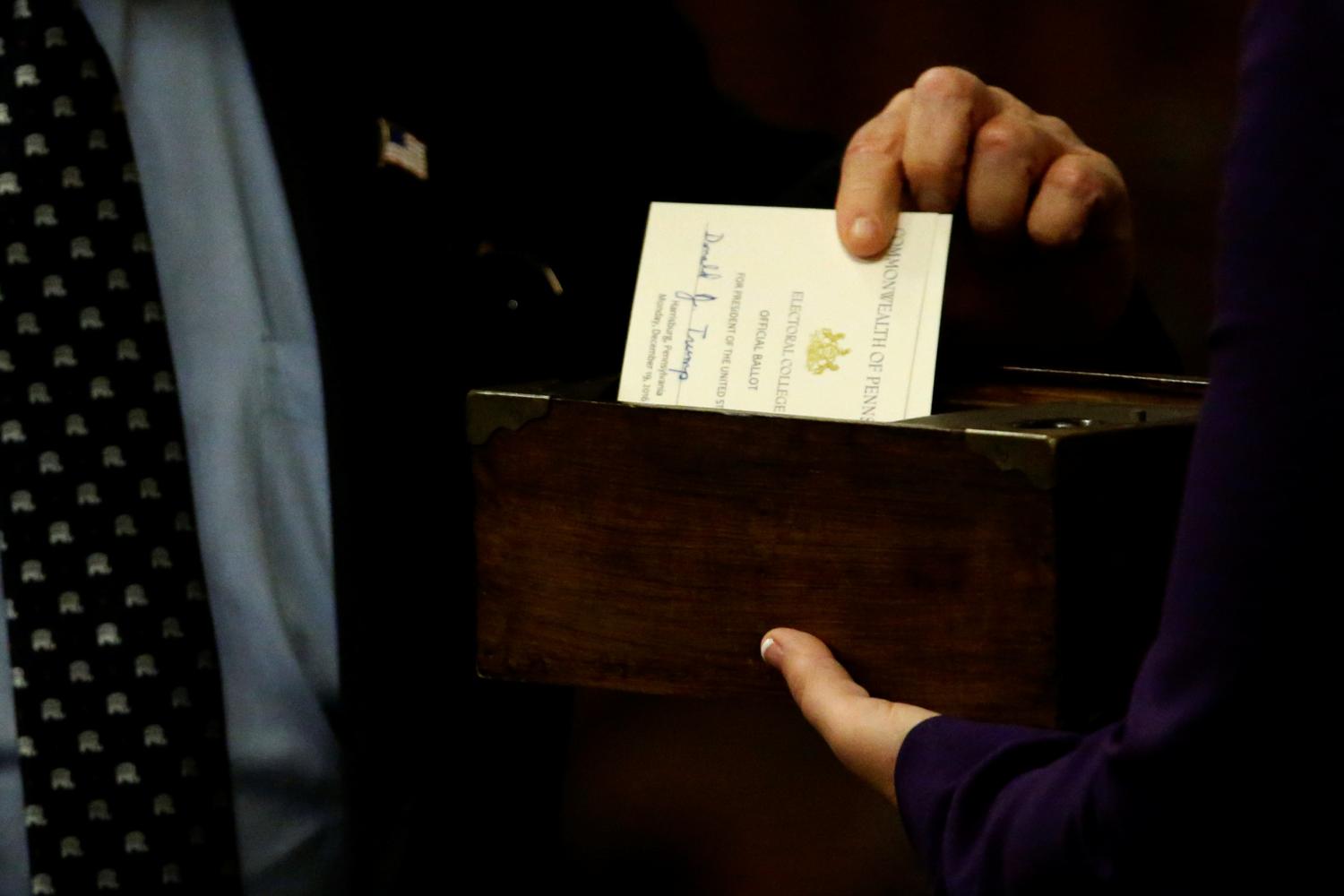For several generations, political reform and rhetoric have been entirely one-directional: always more direct democracy, never less. The general belief holds that more public involvement will produce more representative and thus more effective and legitimate governance. But does increasing popular involvement in politics remedy the ills of our government culture; is it the chicken soup of political reforms?
In a new report, “More professionalism, less populism: How voting makes us stupid, and what to do about it,” Brookings Senior Fellows Jonathan Rauch and Benjamin Wittes argue that the best way forward is to rebalance the reform agenda away from direct participation and toward intermediation and institutions. As the authors write, “Neither theory nor practice supports the idea that more participation will produce better policy outcomes, or will improve the public’s approbation of government, or is even attainable in an environment dominated by extreme partisans and narrow interest groups.”
Populism cannot solve our problems, Rauch and Wittes claim, because its core premises and reforms are self-defeating. Research has shown that voters are “irrationally biased and rationally ignorant,” and do not possess the specialized knowledge necessary to make complex policy judgments. Further, elections provide little by way of substantive guidance for policymakers and, even on its own terms, direct democracy is often unrepresentative. In the words of the authors, “By itself, building more direct input from the public into the functions of government is likely to lead to more fragmentation, more stalemate, more flawed policies—and, paradoxically, less effective representation.”
The authors are not advocating complacency about voter participation, much less for restricting or limiting voting: “We are arguing that participation is not enough, and that overinvesting in it neglects other, more promising paths.”
To truly repair American democracy, Rauch and Wittes endorse a resurgence of political institutions, such as political parties, and substantive professionals, such as career politicians and experts. Drawing on examples like the intelligence oversight community, the authors assert that these intermediaries actually make democracy more inclusive and more representative than direct participation can do by itself. “In complex policy spaces,” the authors write, “properly designed intermediary institutions can act more decisively and responsively on behalf of the public than an army of ‘the people’ could do on its own behalf, [and are] less likely to be paralyzed by factional disputes and distorted by special-interest manipulation.”
Who, then, should be in charge: the voters, or the professionals? The answer, according to Rauch and Wittes, is both. “In a hybrid system, they are forced to consult each other, providing distinct but complimentary screens. … Participation is effective only when supplemented by intermediation, [including] the crucial work done by institutions and experts to organize, interpret, and buffer popular sentiment.” It is important to note that intermediation is not necessarily undemocratic or exclusive; the authors note that successful intermediaries “consult a wide range of constituencies and build broad coalitions in search of candidates and policies that can unite the party, win a general election, and sustain power in office.”
Although career politicians and expert intermediaries are often neglected and demonized today, Rauch and Wittes conclude their essay by urging readers to re-evaluate professionalism as a path toward more effective governance: “In asking the public and the reform community to reconsider the cult of participation and rediscover the value of intermediation, we seek only to recall what Madison and the Founders taught: Intermediation strengthens democracy, and sometimes democratization weakens it.”





